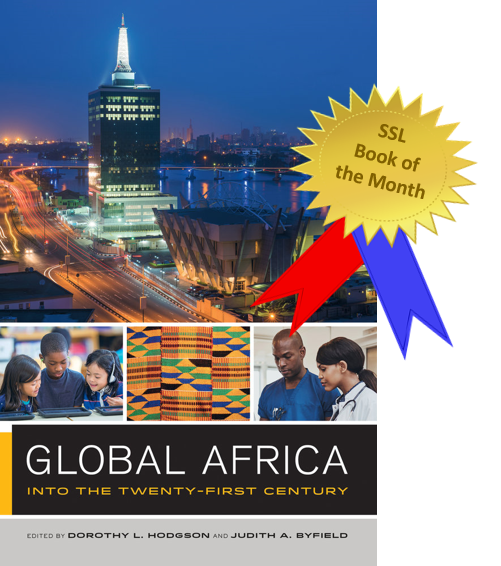The SSL ‘Book of the Month’ feature highlights a book in our collection that has been chosen by one of our Subject Consultants. This may be a recent addition to our stock or an existing item that we would like to share with you.
August’s book of the month was selected by Sarah Rhodes, Subject Consultant for International Development, Forced Migration, and African & Commonwealth Studies.
Contemporary boat migration: data, geopolitics and discourses
Edited by Elaine Burroughs and Kira Williams
Rowman & Littlefield International
Available at KZ6530.CON 2018 but currently on display at our New Books Display Area.
It was chosen to highlight migration at sea, an issue which is becoming more frequent and precarious as states increasingly make entry illegal.
Book Overview
As migration at sea becomes more common, it has gained attention from a range of actors, including enforcement authorities, political elites, media, and non/inter-governmental organizations. The sea has thus become a space of hope/desperation for migrants as well as conflict over territory and sovereignty, representing wider social debates in and beyond Australia, Canada, the European Union, and the United States. Current literature on migration by boat reflects these debates, primarily concentrating on the humanitarian and legal realities of migration by boat and border enforcement at sea, however, few studies have analysed their empirical relationship. This edited volume aims to fill this gap.
Reviews
‘Contemporary Boat Migration’ offers an original and interdisciplinary take on migration by considering people who move from one country to another via sea routes. The chapters provide rich empirical insights, comprehensive examinations of legal regimes, and analyses of representations of people who migrate by boat. This volume marks an important contribution to the understudies area of migration by sea’.
Tanya Golash-Boza, Professor of Sociology, University of California.
How can I access it?
A hard copy can be found on our New Books Display Area (around the corner from our Issue Desk), which can be borrowed by Oxford University students and staff. It is usually shelved at KZ6530.CON 2018. This title is also available as an eLegal Deposit Book via SOLO. eLegal Deposit material can only be accessed via a Bodleian Libraries computer
 What would your SSL Book of the Month be? Do you have a favourite book in our collection? If so, we would love to know what it is. Add a comment below or email us.
What would your SSL Book of the Month be? Do you have a favourite book in our collection? If so, we would love to know what it is. Add a comment below or email us.















